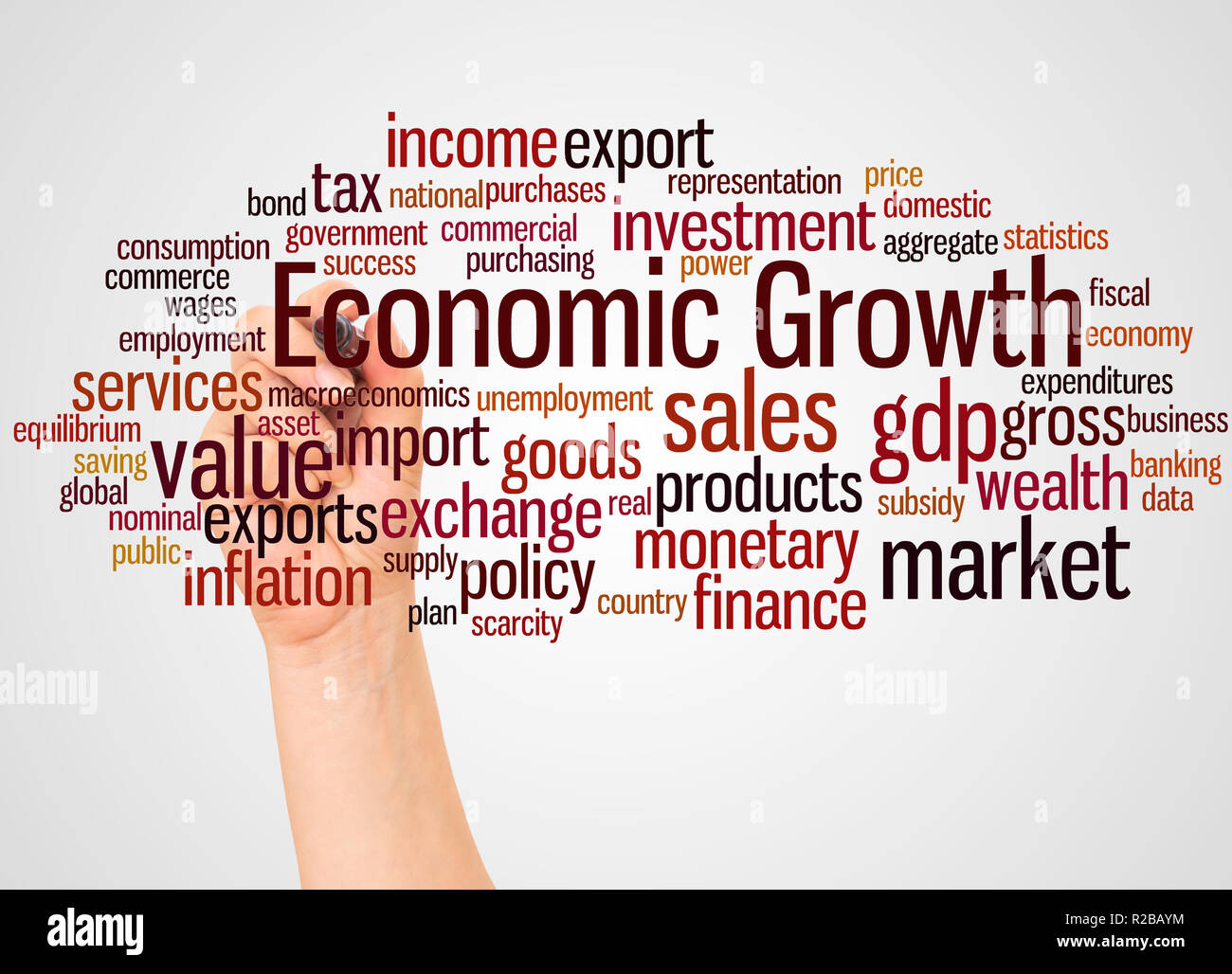How to mitigate the psychosocial impact of the current crisis?
Nepal is currently in a period of political transition that has increased instability and uncertainty.
The deaths and injuries of adolescents and many others in the recent violent protests have raised deep concerns.
Immediate and long-term initiatives are needed, prioritizing mental health and psychosocial support.
Nepal is once again in a period of political transition. While change itself is an inevitable process, change accompanied by uncertainty creates more uncertainty than hope. At times, we are wondering whether Nepal is on the brink of instability.
The loss of lives of adolescents and young people in recent violent protests and movements, the injury of many people, is sending a message of sorts.
The massive damage to private and public property, from archaeological heritage to the prevailing sense of insecurity in the minds of ordinary citizens, have caused us deep pain. Not only the immediate damage, but also its long-term impact, its impact on mental health, is a matter of concern and discussion.
This crisis has affected all age groups in different ways. Children and adolescents have experienced fear, confusion, sleep problems, and difficulty concentrating in school. Youth and adults have experienced increased frustration, anger, anxiety about unemployment, and strained social relationships. The elderly are experiencing feelings of insecurity. People with disabilities and marginalized communities have their own unique concerns.
If these conditions are not addressed immediately, there is a risk of increased trauma, anxiety, depression, and suicidal tendencies. There is also a risk of social breakdown, deepening distrust, decreased productivity, and a decrease in human resource capacity.
Psychosocial support is urgently needed for children, adolescents, youth, women, the elderly, people with disabilities, and marginalized communities affected by violence, death, and insecurity. Many people are in a state of confusion right now. Most people seem to believe the information they receive on social media as official information. Many seem to be unable to distinguish between right and wrong.
This type of information seems to have made people very anxious due to the pressure of uncertainty about the future.
What to do in this situation?
Both immediate and long-term initiatives are needed to address such a situation. Primarily, psychological support, helpline services operated through telephone and social media, and community-based basic psychosocial support programs need to be started immediately.
Self-care and stress management skills should be provided to security personnel, health workers, media workers, and other service providers working in the field immediately. In the long term, mental health in schools, communities, and workplaces should be linked to education, protection, and health systems through policy management.
It is essential to develop a psychosocial support system with follow-up and conduct activities. Similarly, only by ensuring quality counseling services related to trauma and grief can victims have the basis to restore their lives to balance.
In this context, the first responsibility is to address the suffering of people who died, were injured, and were disabled in the movement. Immediate treatment, rehabilitation, compensation and ensuring justice should be the first step of the state. Trust in the people can be restored only by impartial investigation and accountability in cases of human rights violations.
Similarly, it is necessary to pay attention to the control of corruption and transparency in power raised by the protesters.
Special attention should be paid to returning people's lives to their previous state, restoring employment and creating new jobs. It is necessary to immediately facilitate and restart production and business that have been stalled due to various reasons. It is necessary to create an investment-friendly environment and create an encouraging environment.
Similarly, mental health and psychosocial well-being must be a national priority. The World Health Organization and the International Labor Organization have recommended linking mental health with development and employment. Therefore, Nepal needs to take the initiative in this regard in collaboration with development partners.
In the long term, it is essential to introduce psychosocial and mental health education in schools, communities and workplaces, a structure of community-based workers (CBTs) and psychologists, and policies and systems that link mental health to the primary health system.
Good governance and transparency are also indispensable. Rebuilding trust is not possible without participation in the decision-making process, accountability through e-governance, social justice and the implementation of concrete programs to end discrimination. Nepal stands at a crossroads of crisis and opportunity today.
Only if the state can put these five foundations into practice: justice and rehabilitation for the victims of the movement, eradication of corruption, job creation and economic expansion, ensuring mental health and social cohesion, and reconstruction with good governance and transparency, will Nepal's future not be just a story of struggle, but a common home for beautiful, peaceful, healthy and happy Nepalis.







